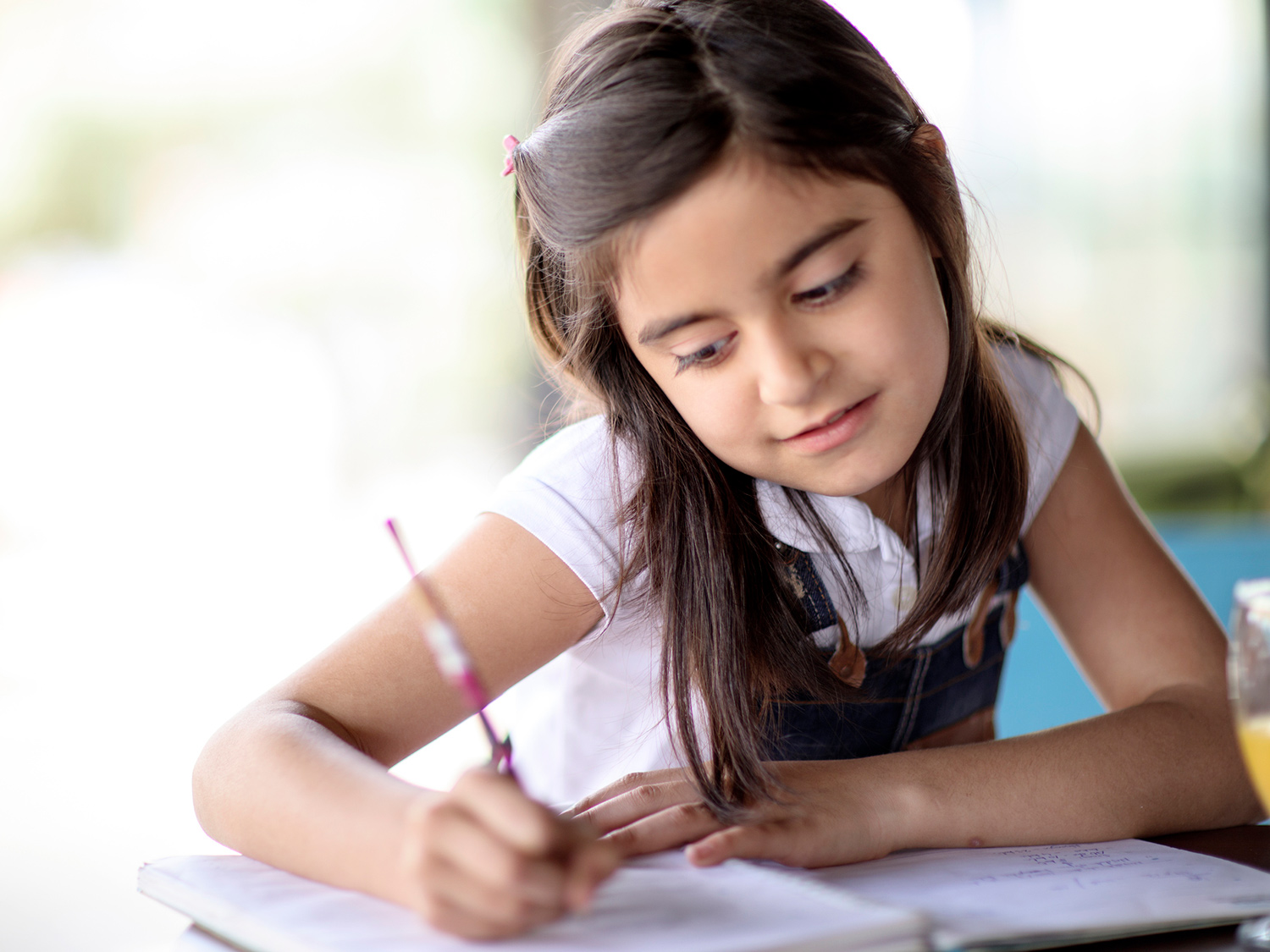According to Russian researcher Lev Vygotsky, language stems from social interactions in which the need to communicate drives development. It is through language that adults transmit information that children then internalize. Children begin to use language to guide and monitor behavior. This form of language is known as private speech (when children appear to be talking to themselves) and is a means by which language becomes a tool for intellectual growth and development in children 4-7 years old. Sometime after age 6, private speech mutates into inaudible muttering, which then becomes internalized as thought and “inner speech.” Thus, Vygotsky argues, thought is the result of language.
Using Vygotsky’s framework, it is no surprise that six and seven year olds are often quite chatty, telling jokes, expressing ideas, and making more extended comments on situations and events. They begin a time of rapid vocabulary expansion, learning 5-10 new words a day. Children this age come to understand the function and purpose of language. For example, ask your child what is strange about this sentence: A flea is huge or My fish is hard and furry. Play spot the difference games and have your child verbalize what she notices.
By this age, most sound patterns are established, although your child may still struggle with “r’s” or may say words like ‘pisgetti’ instead of spaghetti. Some children will still say the /s/ sound like a /th/ at age six, but by age 8, it is expected that all speech sounds come online. Model correct pronunciation as opposed to correcting your child when he makes articulation errors. If your child struggles with many sounds, it may be a red flag for reading and spelling difficulties, so you may want to monitor your child’s progress in these areas.
Children this age can follow 2- and 3-step directions. They remain very literal and concrete thinkers. They can maintain the topic of conversation and take turns speaking. They make good eye contact and are able to use language for multiple goals, such as to gain information, for entertainment, or to persuade others. Children this age control the use of different tenses (past, present, future). They can retell and extend a story and predict what will happen next. They are learning to describe the character’s motive and identify cause and effect events. Your child can now recognize and spell many words (spelling may be based on the sounds the words make, such as tre for tree, which is expected and appropriate). To support your child’s understanding of story elements, take a look at this interactive story and watch this video on identifying the parts of a story.
While your child’s spoken narratives will outpace her written ones, she will demonstrate increasing sophistication in her written stories. Six- and seven-year olds are learning how to use writing conventions, such as capitals and periods. Support your child’s creativity and writing development by emphasizing the process and purpose of writing, as opposed to focusing on correct spelling and grammar.

